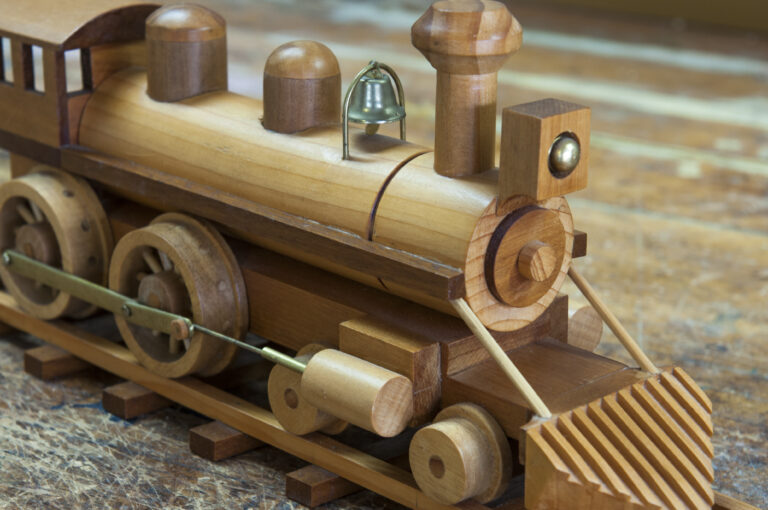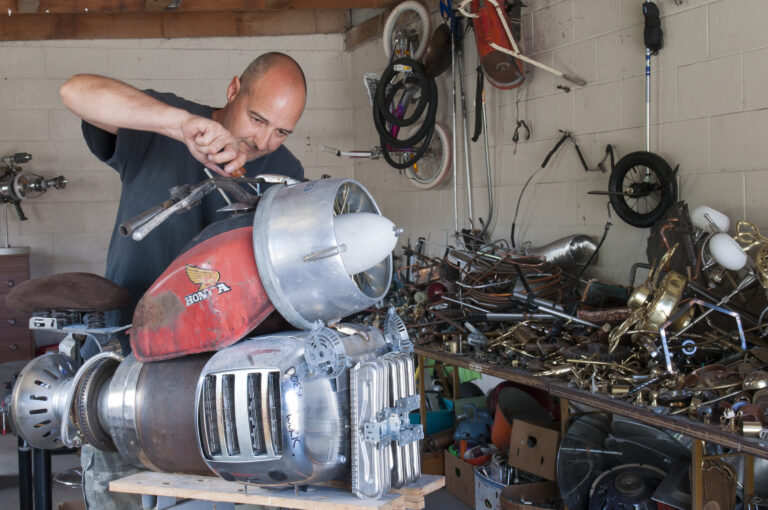
In The Shed 81, Nov/Dec 2018 issue, we head to Blenheim to meet school teacher and dedicated sheddie Dave Pauling.
Dave makes extraordinary guitars from recycled native timber and shares his skills with us so readers can have a go too. He nicknames some of his electric guitars ‘Les Paulings’ – nice touch.
Another gifted sheddie, Kim Dawick of Cambridge, accepted a challenge after he built a motorised trike for a friend – build eight more for your other mates! Challenge accepted. He did just that and shows us how.
A young Taranaki inventor, Mark Horwell, talks with us about his shed-created gas and oil industry invention, a Switchfloat and The North Shore Men’s Shed in Auckland make a set of children’s pine bunks for a good cause.
Enrico Miglano uses more BBC microbit technology to make a fun cardboard robot and Des Thomson and his team at the Halswell Men’s Shed make a magnetic sweeper to gather all that messy swarf in your workshop.
Shed reader Richard Brown from Timaru tells us how he built a battery train set for his family and Mark Beckett sees this as an opportune time to discuss battery safety issues and good battery charging practice with readers. Jude gets making a set of fine high fidelity transmission line speakers using a Tri Trix kit designed by Curt Campbell then Ritchie Wilson tells us the history of the shed in a cupboard, plus does a few running repairs on, The Workmate portable workbench.
Our electronics team are busy again in this issue, Enrico is back with a guide to creating a Magic Mirror and Mark Beckett makes a fun toy for the kids, an electronic cricket that makes a noise when it is hit with light from a torch.
We close the issue with a look at some creative Tasmanian mailboxes with Coen Smit before Jude signs off the issue with his shed storage issue in his new regular spot in our Back ‘O the shed column



